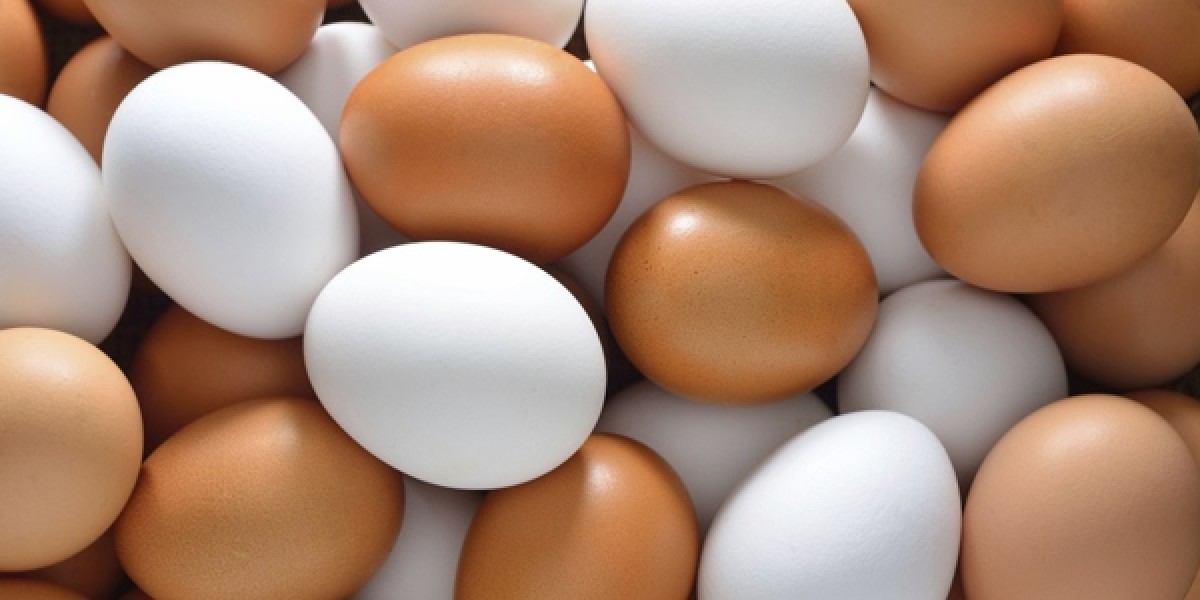Ancora su Uova e Colesterolo
L'uovo è un alimento naturale che può essere consumato direttamente o utilizzato come ingrediente in numerosi piatti della cucina mondiale. L'uovo di gallina è il più comune, ma si consumano anche uova di altri volatili (come quaglia, anatra, oca e struzzo), di tartarughe, di pesci (come caviale, uova di lompo e di tonno), di molluschi (come le lumache) e persino di insetti.
L'uovo è composto essenzialmente da tre parti: guscio, tuorlo e albume. Il colore del guscio dipende esclusivamente dalla razza dell'animale e non influisce sulle caratteristiche sensoriali o nutrizionali dell'uovo. Al contrario, il colore del tuorlo dipende invece dal tipo di cibo o mangime utilizzato o dall’eventuale aggiunta di coloranti naturali o meno nel cibo.
Un uovo è composto in media da:
- acqua: 65%
- proteine: 12%
- sali minerali: 11%
- grassi: 11%.
L’uovo si sa contiene anche colesterolo che è presente quasi interamente nel tuorlo, mentre l'albume ne è praticamente privo ed è costituito principalmente da acqua e proteine.
A tale proposito abbiamo già parlato (vedi qui) di una recente ricerca dell'istituto americano "Duke Clinical Research Institute" di Durham in North Carolina che ha confermato come il consumo di uova non incide nell’essere umano sui livelli di colesterolo che risultavano simili tra coloro che consumano le uova e coloro che non ne consumano.
In realtà era già noto che le uova non sono colpevoli della ipercolesterolemia ma questo studio ne rappresenta solo la conferma ed è importante ribadirlo.
Interessante invece è il punto di vista espresso dal professore Spini, direttore del laboratorio di fisiologia traslazione nutrizione all’università di Bologna, intervistato dalla giornalista Nicoletta Carbone per RADIO24 il giorno 11/07/2024 (clicca qui per ascoltare l'intervista).
Il professore Spini afferma come tale studio sta a significare che anche esagerando non si fanno danni al colesterolo e che per ridurlo sono importanti altre strategie alimentari dato che la maggior parte del colesterolo lo produce l’essere umano attraverso il fegato. Per ridurre la quantità di colesterolo è importante:
1) aumentare la quantità di fibra che mangiamo aumentando il consumo di frutta e verdura, anche frutta secca, perché tutto questo fa sì che aumenti la quantità di fibra che si lega al colesterolo e lo porta fuori dal nostro organismo tramite le feci. Quindi noi ci liberiamo dal colesterolo mangiando molta frutta e molta verdura!
2) ci sono altri studi molto interessanti che dicono invece che il fegato aumenta la produzione di colesterolo quando questo colesterolo si ossida ecco perché dobbiamo aumentare il consumo di antiossidanti. Questa è un’altra strategia alimentare che viene poco pubblicizzata ma che è veramente importante. Basta assumere quindi alimenti che contengono antiossidanti per esempio la nota vitamina C, assunta non in pastiglia ma sempre attraverso gli alimenti, ecco che ritorna il consiglio di mangiare molta frutta e verdura ma questa volta crudi perché se li scaldiamo la vitamina C come ogni altra vitamina si deteriora.
Aggiungiamo noi adesso una precisazione: gli antiossidanti sono composti che aiutano a neutralizzare i radicali liberi nel corpo, contribuendo a ridurre non solo il colesterolo ma anche il danno cellulare e a prevenire malattie croniche. Ecco alcuni alimenti ricchi di antiossidanti:
1. Frutti di bosco: Mirtilli, lamponi, fragole e more sono particolarmente ricchi di antociani, potenti antiossidanti che contribuiscono alla salute del cuore e del cervello.
2. Cioccolato fondente: Contiene flavonoidi, che hanno proprietà antiossidanti e sono associati a miglioramenti nella salute cardiovascolare.
3. Noci e semi: Noci, mandorle, semi di girasole e semi di lino sono buone fonti di vitamina E, un potente antiossidante.
4. Tè verde: Ricco di catechine, un tipo di antiossidante che ha dimostrato effetti benefici sul metabolismo e sulla prevenzione di alcune malattie.
5. Verdure a foglia verde: Spinaci, cavoli e bietole contengono luteina e zeaxantina, antiossidanti che sono particolarmente utili per la salute degli occhi.
6. Pomodori: Contengono licopene, un antiossidante associato alla riduzione del rischio di malattie cardiache e di alcuni tipi di cancro.
7. Carote: Ricche di beta-carotene, che viene convertito in vitamina A nel corpo e ha potenti proprietà antiossidanti.
8. Agrumi: Arance, limoni, lime e pompelmi sono ricchi di vitamina C, un antiossidante, come già detto, che rafforza anche il sistema immunitario.
9. Olio d'oliva: Ricco di polifenoli, che hanno dimostrato di avere effetti antinfiammatori e antiossidanti.
10. Vino rosso: Contiene resveratrolo, un antiossidante che è stato associato a benefici per la salute cardiovascolare.
11. Legumi: Fagioli, lenticchie e ceci sono ricchi di polifenoli e altri antiossidanti che supportano la salute metabolica e cardiaca.
12. Aglio: Contiene composti solforati che hanno effetti antiossidanti e possono contribuire a ridurre il rischio di malattie cardiovascolari.
13. Curcuma: La curcumina, il principale composto attivo della curcuma, ha potenti proprietà antiossidanti e antinfiammatorie.
A questo punto possiamo darti un paio di suggerimenti di prodotti presenti nella nostra gamma di prodotti che sono ricchi di antiossidanti:
---
ATTENZIONE: Questo articolo ha uno scopo puramente informativo e non costituisce un consiglio medico. Per diagnosi, trattamenti o consulenze personalizzate, consultare un medico o un professionista sanitario qualificato.

